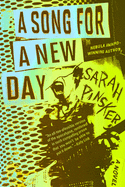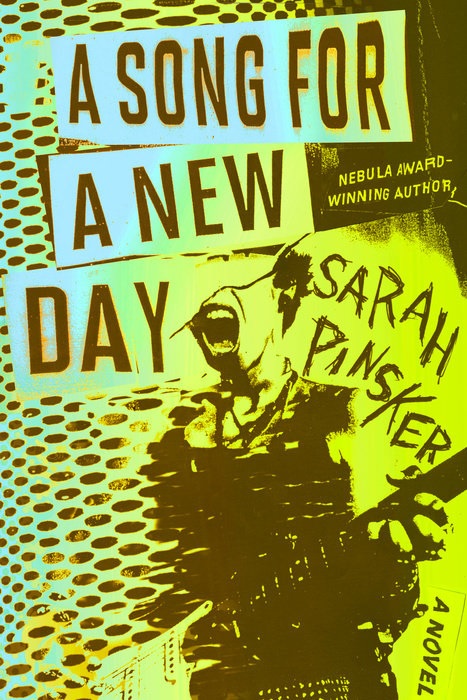 In A Song for a New Day, novelist and musician Sarah Pinsker (Sooner or Later Everything Falls into the Sea) imagines a future where avoiding human interaction has become the norm. After a series of high-profile bombings and mass shootings leaves thousands dead, the United States government outlaws public gatherings altogether. These "congregation laws" begin as temporary measures, but, "in cascades and cataracts, the promises of temporary change [became] less and less temporary." Technology, including virtual reality hoodies, drones and driverless cars, allows people to live in their own homes where, they believe, they'll be safe. "The frequency of the attacks, and the randomness of the ongoing threats had left people genuinely scared."
In A Song for a New Day, novelist and musician Sarah Pinsker (Sooner or Later Everything Falls into the Sea) imagines a future where avoiding human interaction has become the norm. After a series of high-profile bombings and mass shootings leaves thousands dead, the United States government outlaws public gatherings altogether. These "congregation laws" begin as temporary measures, but, "in cascades and cataracts, the promises of temporary change [became] less and less temporary." Technology, including virtual reality hoodies, drones and driverless cars, allows people to live in their own homes where, they believe, they'll be safe. "The frequency of the attacks, and the randomness of the ongoing threats had left people genuinely scared."
The narrative moves between two voices. Luce is a musician who fronted the band that was the last major concert headliner before the congregation laws went into effect. At first, after concerts are outlawed, she's lost without the energy she feels from a live audience. She misses "the elusive collision of a song, a performance, a moment; the agreement that I would try to reach them, and they'd open themselves to being reached."
To her surprise she discovers an illicit network of live venues, held in basements, abandoned buildings and barns. As dangerous as it is to flout the congregation laws, because the government is ruthless in jailing perpetrators and destroying venues, she opens her own underground club called 2020 (the year the laws went into effect) and begins performing again.
Rosemary is a young woman who doesn't remember a time before gatherings were illegal. Her schooling, shopping and dating have all been virtual. "The thought of someone else standing next to her, even virtually, made her shudder." Her first experience at a virtual concert where everyone is an avatar, and where the artists and bands are streamed from a remote studio, is transformative. "She hadn't realized that music could reach inside you."
Rosemary becomes an artist recruiter for StageHoloLive, the company that organizes and sponsors virtual concerts and events. This necessitates actual traveling to find underground musicians in order to convince them to join the virtual world. Her initial anxiety and fear gives way to excitement, and she discovers places where people do, in fact, gather together. Her first major recruitment effort is to convince Luce to be a SHL entertainer, but their contact is a catalyst for the destruction of 2020. Rosemary's determination to right this wrong leads to a cautious collaboration with Luce, and they plan a subversive concert where, hopefully, the rallying cry of "Don't forget normal" will be heard.
The power of speculative fiction comes from the realistic depiction of future consequences of contemporaneous actions and beliefs. Pinsker uses the world of music, with its power to bring people together, as an urgent warning about the dangers of society withdrawing into itself. "Fear is a virus," says Luce. "Music is a virus and a vaccine and a cure." --Cindy Pauldine, bookseller, the river's end bookstore, Oswego, N.Y.
Shelf Talker: In this speculative novel, public gatherings are outlawed after massive, lethal terrorist attacks, but an underground musician helps keep hope alive for a resurgence of human connections.
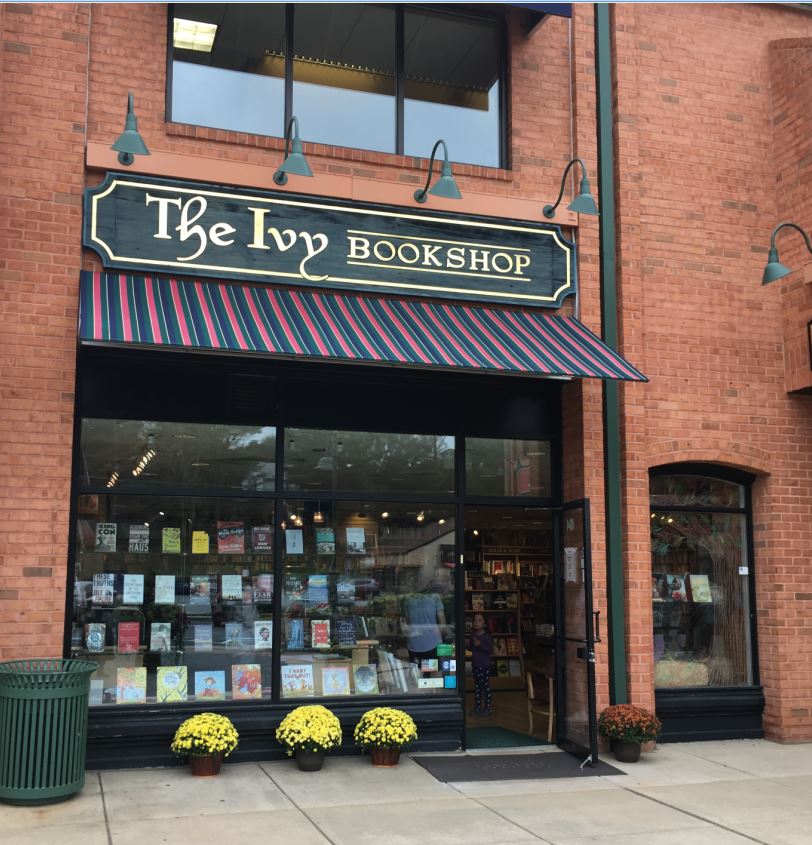





SHELFAWARENESS.1222.S1.BESTADSWEBINAR.gif)



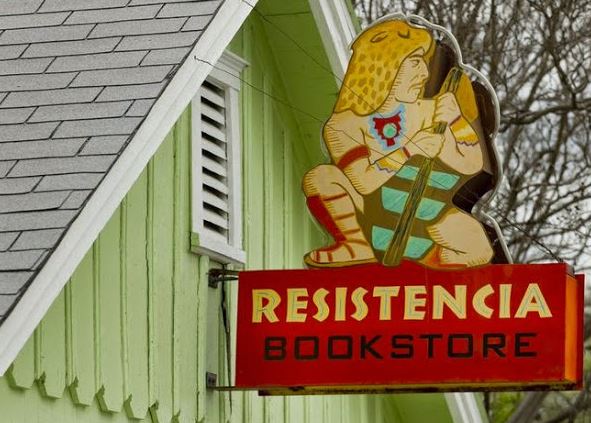 Red Salmon Arts
Red Salmon ArtsSHELFAWARENESS.1222.T1.BESTADSWEBINAR.gif)
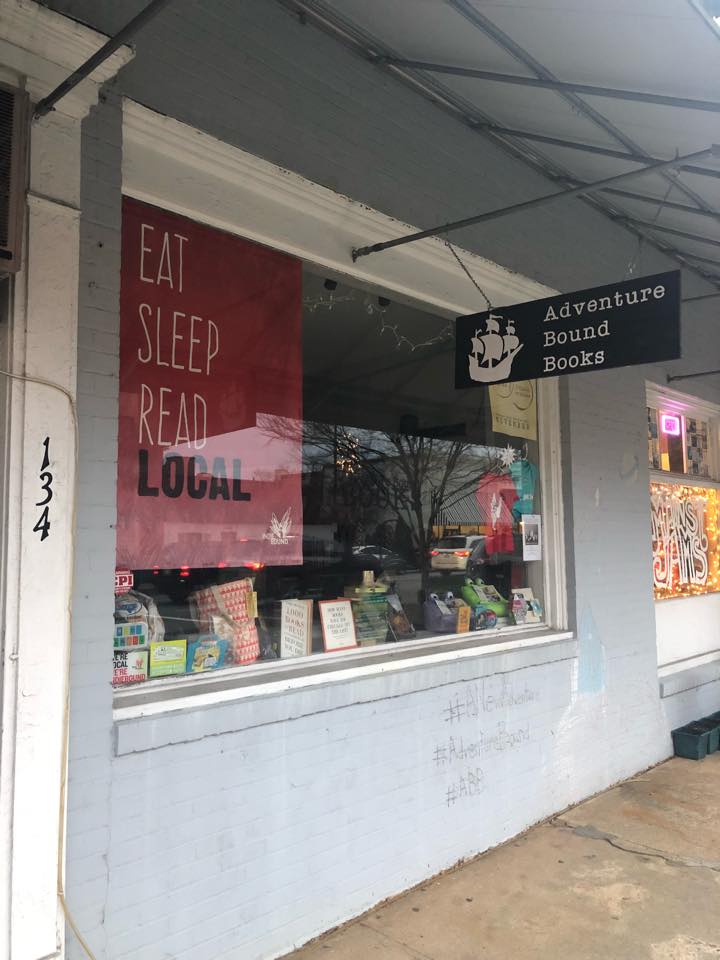 Adventure Bound Books
Adventure Bound Books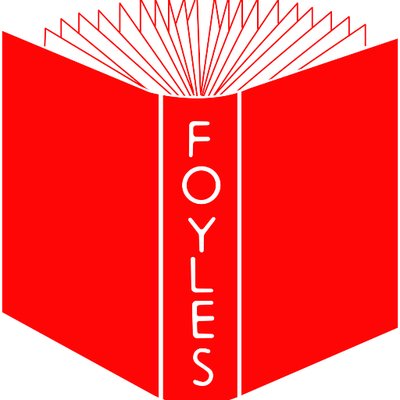 Foyles, whose flagship store is in London and is owned by Waterstones, has partnered with property developer Elysian Residences to create curated libraries in the developer's luxury retirement homes,
Foyles, whose flagship store is in London and is owned by Waterstones, has partnered with property developer Elysian Residences to create curated libraries in the developer's luxury retirement homes, 

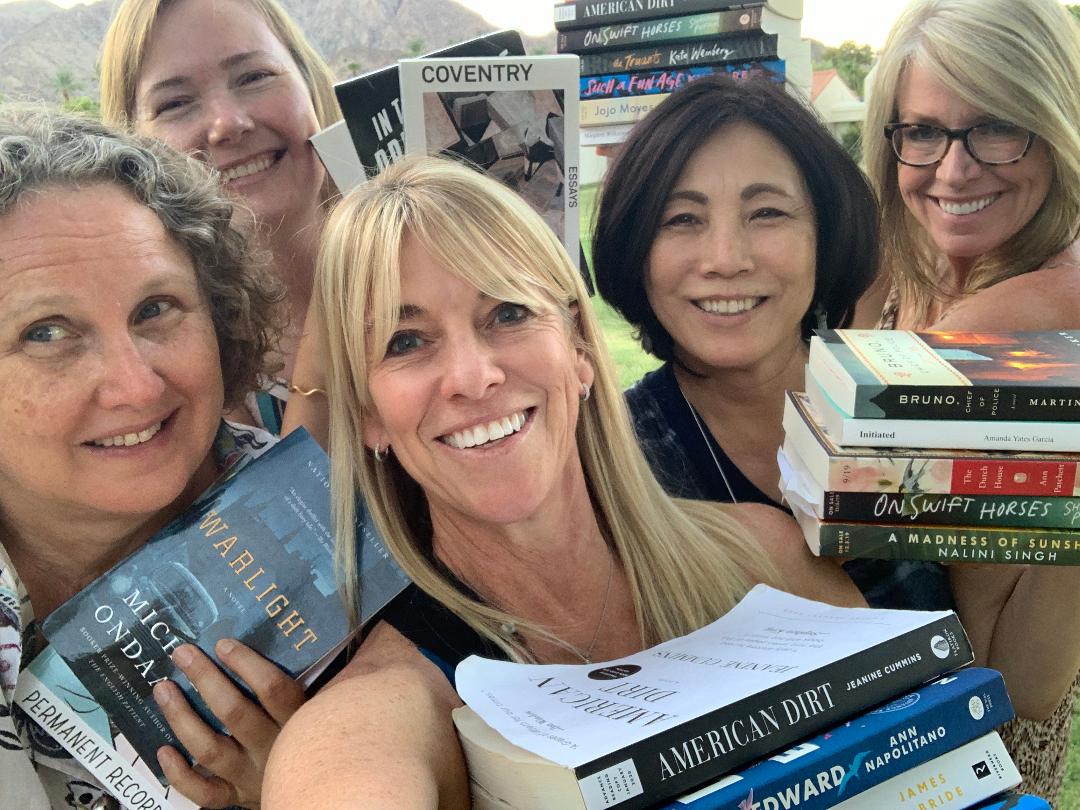
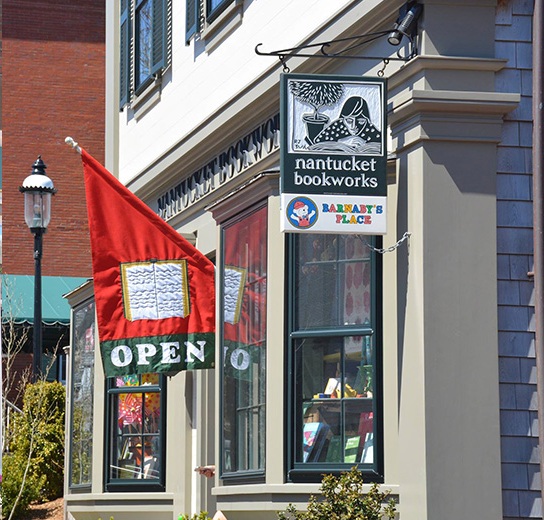 Airbnb magazine profiled Wendy Hudson, owner of
Airbnb magazine profiled Wendy Hudson, owner of 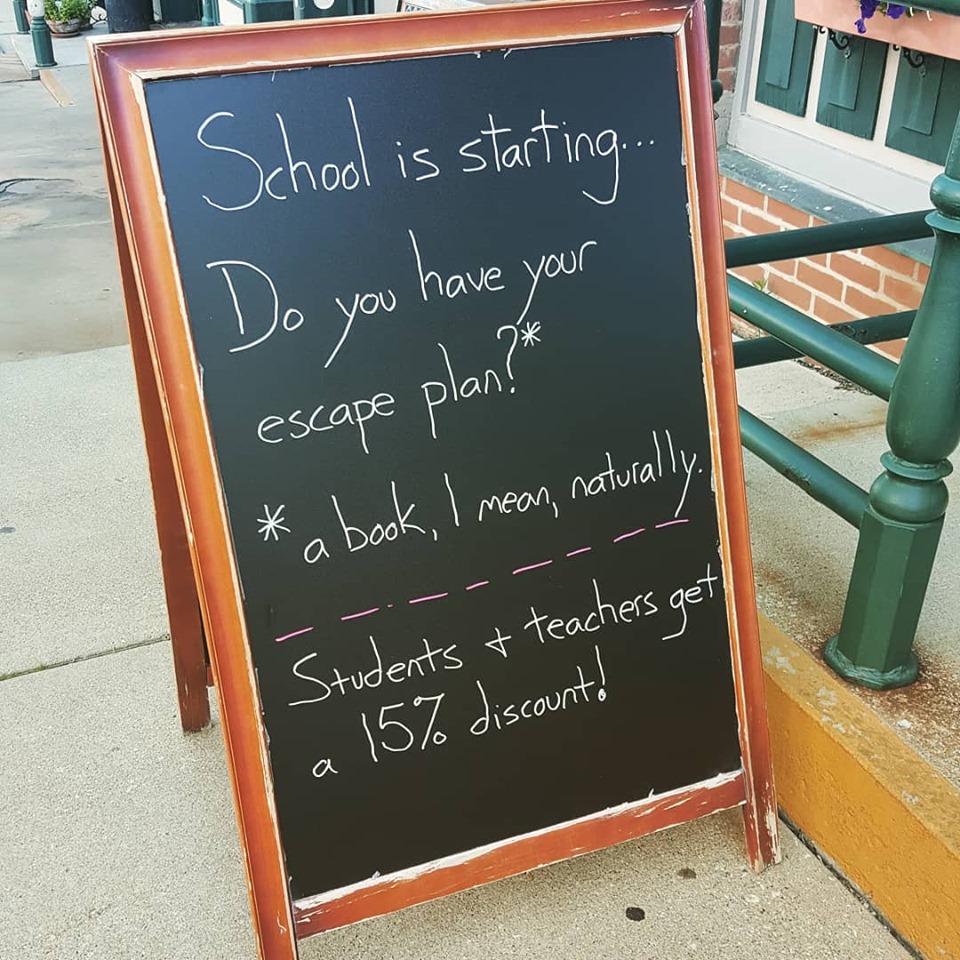 "Because books are always the answer,"
"Because books are always the answer,"  Barnes & Noble has picked 11 titles for the fall season for its
Barnes & Noble has picked 11 titles for the fall season for its 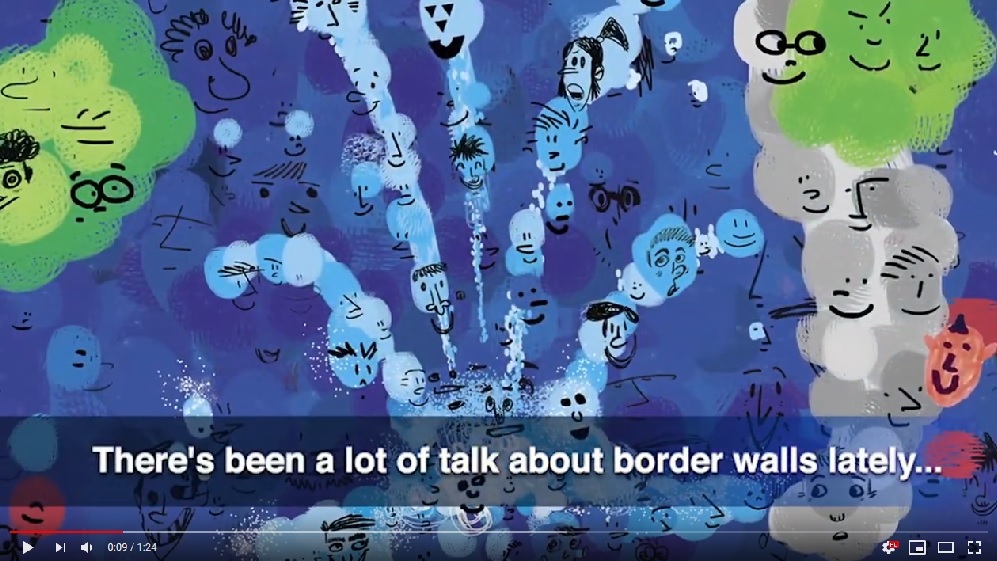 The Wall: A Timeless Tale
The Wall: A Timeless Tale In A Song for a New Day, novelist and musician
In A Song for a New Day, novelist and musician 